Constipation Awareness Month: Best Ways to Deal With & Avoid Constipation
Constipation is a common problem that affects individuals of all ages and can be incredibly uncomfortable. The cause can be your diet, lifestyle choices, medications, or a particular health condition.
There are several treatments that help tackle constipation, some of which include over-the-counter laxatives. But you can also opt for natural remedies to treat constipation effectively. Since it is Constipation Awareness Month,
we will talk about this digestive issue, its causes, and the best ways to deal with. Constipation Awareness Month is a global healthcare initiative observed every December. During this month, organizations worldwide collaborate on awareness campaigns and activities to educate people about constipation, its complications, and preventive measures.. Scroll down to learn more about constipation and how you can improve your gut health.
What Is Constipation?
Constipation occurs when your bowel movement is affected, making it difficult to pass stools. The general description of constipation would be less than three bowel movements in a week. Even though constipation is incredibly common, it can be chronic in some cases, causing severe pain, blood in the stools, etc.
Common symptoms of constipation are: -
- Small or hard stools
- Bloated belly
- Fewer bowel movements in a week
- Feeling as if you are unable to empty the stool
- A feeling of blockage of stool in the rectum
What Are The Causes of Constipation?
When food is consumed, the gastric juice and enzymes in the stomach start the digestive process. The contents then move to the small intestine where the enzymes finish the process and majority of the nutrients and water are absorbed. The partially digested food then moves from the small intestine to the large intestine (colon). The role of the colon is to absorb the remaining nutrients or excess water from the indigestible matter, solidifying it into the stool.
If these movements are impaired due to sluggish muscles in the intestinal lining, you may experience constipation. The slow transit leads to the absorption of additional water, which causes hard, dry stools.
Other causes include: -
- Pelvic floor dysfunction
- Poor diet lacking fiber.
- Stress or changes in routine
- Pregnancy
- Older age
- Low levels of exercise
- Traveling
- Medications
- People with neurological problems like Parkinson’s disease or multiple sclerosis
How To Prevent and Deal with Constipation?
You can easily treat most cases of constipation at home and improve gut health at the same time. Here’s how to prevent constipation:
1. Eat more Fiber
The first thing your doctor would advise you to do to treat constipation is to eat more fiber. Fiber is one of the most crucial elements that support healthy bowel movements. Fiber increases the bulk and consistency of the stool and makes it easy for them to pass.
There are two types of fibers. Soluble fiber will soak up more water and make your stool soft & easy to pass. Insoluble fiber adds bulk to the stool, speeding up its movement of passing through the digestive system. If you suffer from constipation, fibrous foods like berries, bananas, prunes, etc., could help.
And to prevent constipation in the future, add plenty of fiber-rich foods like fruits and vegetables, and whole grains in your diet daily.
2. Drink More Water
Dehydration can also be responsible for constipation. That is why you must stay hydrated at all times. Fluids in your system prevent the stool from hardening.
If you are constipated, sparking water can help make things better by rehydrating your body. Apart from that, do not ignore other healthy fluids like green tea, juices, etc. All of these count towards your daily fluid intake, thus preventing constipation in the future.
3. Exercise More
Working out in the gym might not be everyone’s cup of tea. Also, owing to your busy schedules, you may not feel like taking a trip to the gym. But you must take out some time to exercise every day. Regular exercising will provide relief from constipation.
You can walk, run, do yoga, or do any other physical activity. Physical activities like these will keep the stool moving, thus helping in dealing with constipation.
4. Probiotics and Prebiotics
Probiotics are proven to help treat constipation and improve gut health. Probiotics are live bacteria that are highly beneficial for the gut. People with chronic constipation may have an imbalance of bacteria in their gut. However, probiotic foods can help them balance the gut bacteria, thus treating and preventing constipation. Foods like yogurt, kimchi, sauerkraut, etc., are rich in probiotics.
The functions of prebiotics and probiotics are interconnected. Prebiotics are indigestible carbohydrate fibers that act as food for good gut bacteria. Thus, improving the balance of the gut bacteria and gut health.
Prebiotics also improve stool consistency, help with bloating and increase the number of bowel movements. Prebiotic foods include onions, chicory, bananas, chickpeas, etc.
5. Consider Taking a Supplement
Gut health supplements to relieve constipation are always a great option. Fiber supplements, magnesium supplements, probiotics, prebiotic supplements, etc., are a few supplements that might help you in dealing with and preventing constipation.
Talk to your healthcare consultant before taking any supplement, as certain ingredients in them might interact with your medication or your health conditions and cause further problems.
When to See a Doctor About Constipation?
If increasing the fiber and water intake and exercising aren’t providing any relief from constipation, you may be suffering from chronic constipation. Blood in the stool, severe pain with bowel movements, and loss of weight are other severe symptoms of constipation. This is when you need to see a doctor.
In case of chronic constipation, a doctor can help you provide the right treatment and detect any warning signs of other diseases your body is trying to give you.
Wrapping Up
Constipation is a common problem and can be treated by following the right steps. Most cases of constipation are mild & easily treatable. Visit your doctor for the right treatment if you’re suffering from chronic constipation.
References
Trottier M, Erebara A, Bozzo P. Treating constipation during pregnancy. Can Fam Physician. 2012 Aug;58(8):836-8. PMID: 22893333; PMCID: PMC3418980. https://www.ncbi.nlm.nih.gov/pmc/articles/PMC3418980/
Jani B, Marsicano E. Constipation: Evaluation and Management. Mo Med. 2018 May-Jun;115(3):236-240. PMID: 30228729; PMCID: PMC6140151. https://www.ncbi.nlm.nih.gov/pmc/articles/PMC6140151/
Singh P, Seo Y, Ballou S, Ludwig A, Hirsch W, Rangan V, Iturrino J, Lembo A, Nee JW. Pelvic Floor Symptom Related Distress in Chronic Constipation Correlates With a Diagnosis of Irritable Bowel Syndrome With Constipation and Constipation Severity but Not Pelvic Floor Dyssynergia. J Neurogastroenterol Motil. 2019 Jan 31;25(1):129-136. doi: 10.5056/jnm17139. PMID: 30646484; PMCID: PMC6326213. https://www.ncbi.nlm.nih.gov/pmc/articles/PMC6326213/
Bae SH. Diets for constipation. Pediatr Gastroenterol Hepatol Nutr. 2014 Dec;17(4):203-8. doi: 10.5223/pghn.2014.17.4.203. Epub 2014 Dec 31. PMID: 25587519; PMCID: PMC4291444. https://www.ncbi.nlm.nih.gov/pmc/articles/PMC4291444/
Arnaud MJ. Mild dehydration: a risk factor of constipation? Eur J Clin Nutr. 2003 Dec;57 Suppl 2:S88-95. doi: 10.1038/sj.ejcn.1601907. PMID: 14681719. https://pubmed.ncbi.nlm.nih.gov/14681719/
Naseer M, Poola S, Uraz S, Tahan V. Therapeutic Effects of Prebiotics on Constipation: A Schematic Review. Curr Clin Pharmacol. 2020;15(3):207-215. doi: 10.2174/1574884715666200212125035. PMID: 32048977. https://pubmed.ncbi.nlm.nih.gov/32048977/












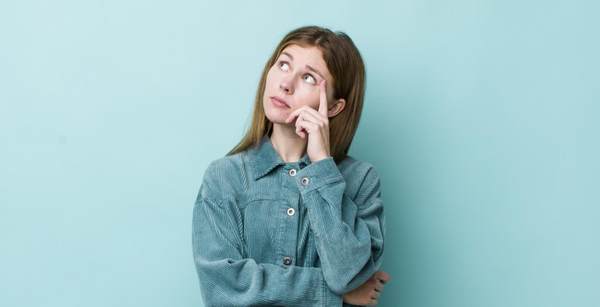

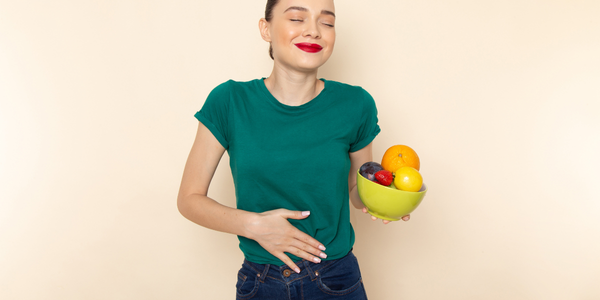
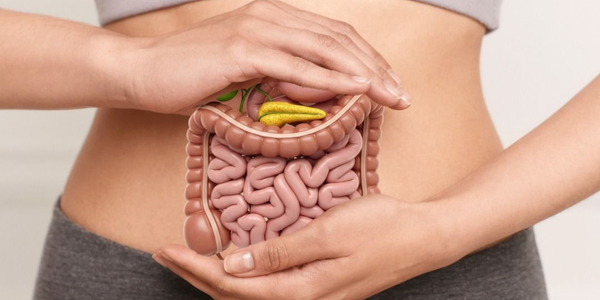
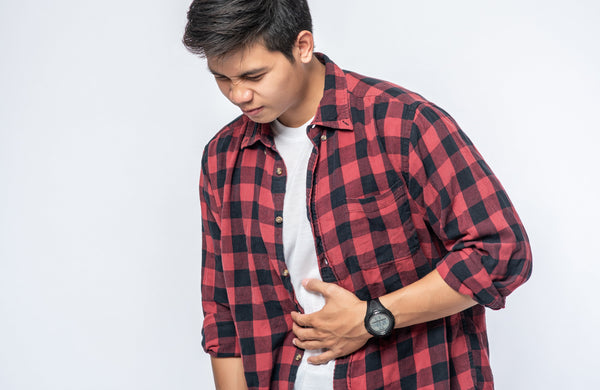
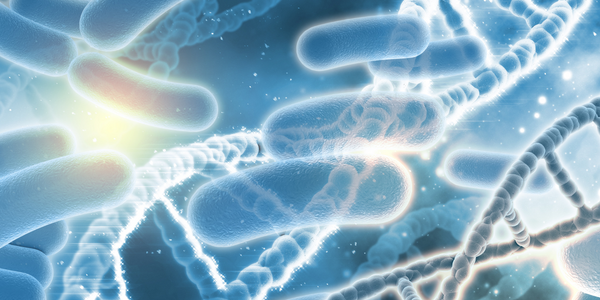

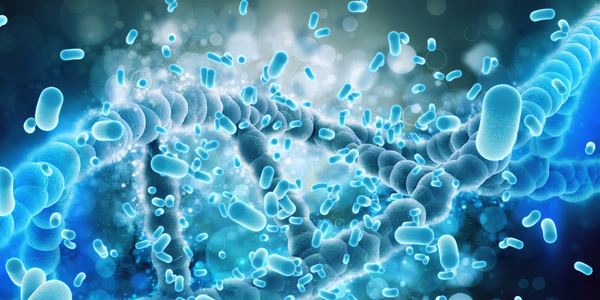
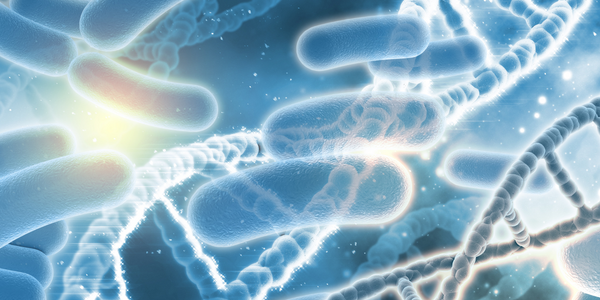





Leave a comment